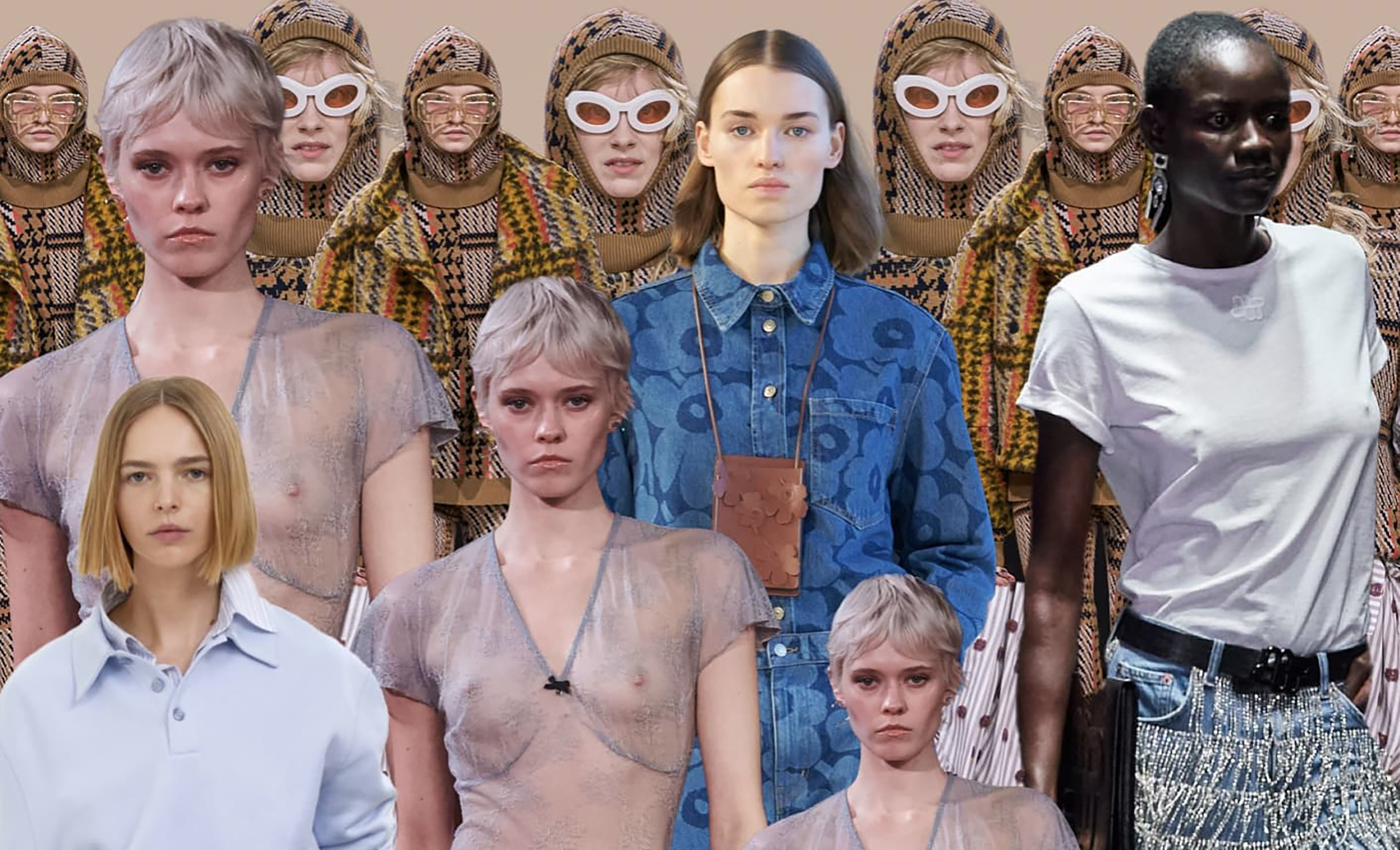Looking Forward to the Nordic Fashion Capital’s Spring 2025 Season
Copenhagen Fashion Week is nearly upon us, which means it’s time to get ready for the first major moment of the Spring 2025 runway season.
Over the nearly 20 years since its first season, the event from the Danish capital has seen amazing growth, rising from the fashion fringes to capturing international attention and positioning itself not just as a precursor to the “big four” fashion weeks, but a serious part of the global conversation.
While there is a tendency to pigeonhole Copenhagen into a particular aesthetic – that of the “Ganni girl,” for instance – the city’s design scene consistently proves itself to be incredibly eclectic, and this is one of the aspects that makes the week a uniquely exciting start to the international fashion circuit. Just as important, however, are the lessons that the bigger fashion weeks can learn from Danish and Scandinavian brands’ innovative approach to sustainability and embrace of forward-thinking business models.
Among the established names gracing the schedule are A. Roege Hove, known for its innovative knitwear and sculptural silhouettes; (di)vision, which often blends utilitarian aesthetics with streetwear influences; Jade Cropper, recognized for bold designs and vibrant colors; longstanding icon of historic Nordic textile design Marimekko; and playful avant-garde shapeshifter Henrik Vibskov.
Local labels that will be sitting this season out include Ganni, one of the city’s most internationally known brands, as well as Stine Goya and Helmstedt.
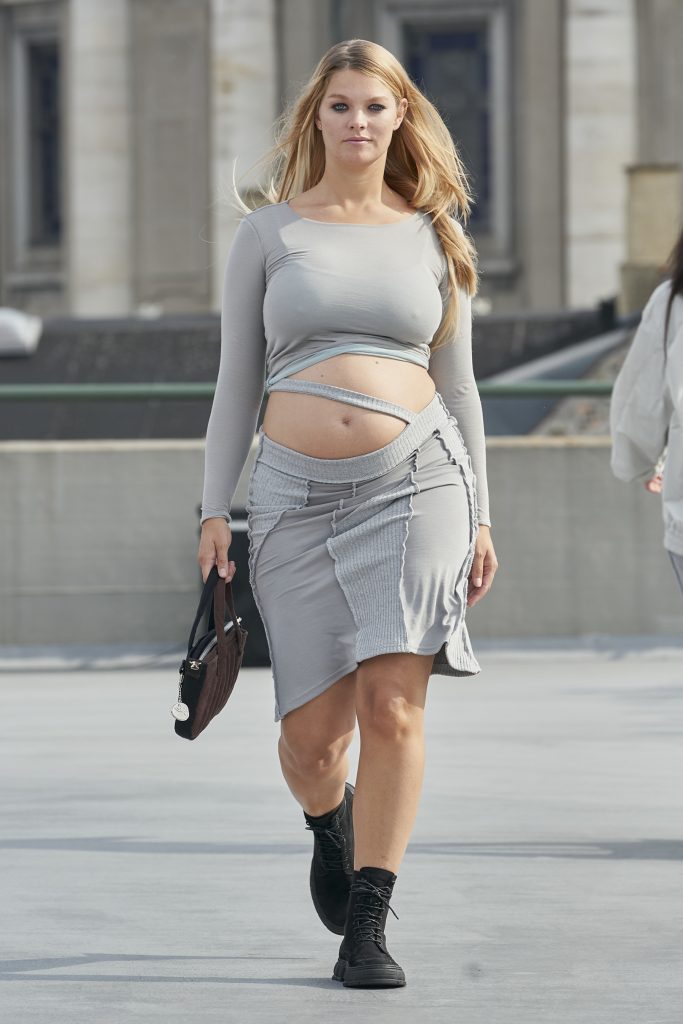
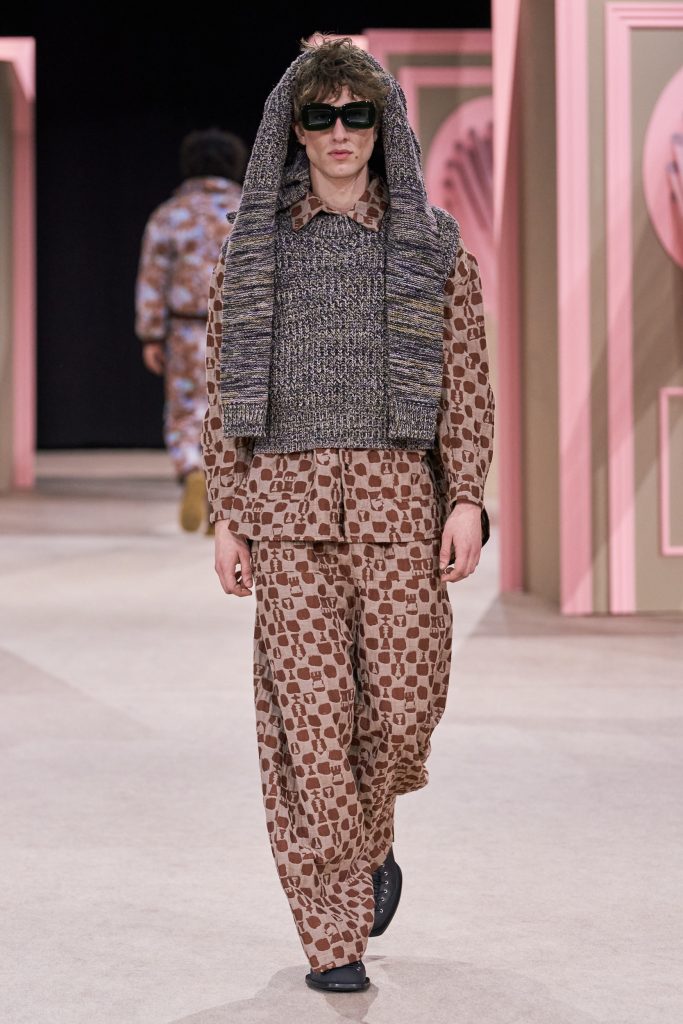
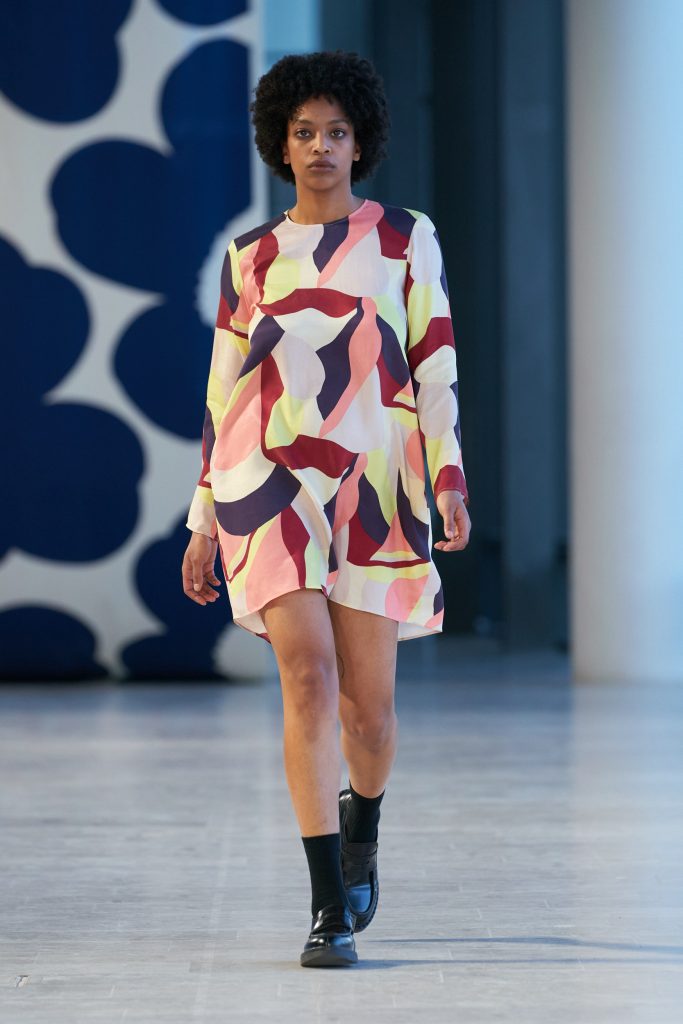
The event also highlights emerging talents through the CPHFW NEWTALENT program, showcasing designers such as Rolf Ekroth, who is known for combining sportswear elements with Finnish craftsmanship; Stamm, which often features minimalist designs with intricate details; Alectra Rothschild/MASCULINA, exploring gender fluidity in fashion; and newcomer Berner Kühl, who brings a fresh perspective to classic menswear.
One of the most buzzed-about shows of the week is the debut collection from designer Astrid Andersen’s new line Stel. A cult-favorite designer who helped to define menswear throughout the 2010s, Andersen is returning from a three-year hiatus she took to focus on raising her family with a new womenswear line.
As always, a major focus of Copenhagen will be sustainability, which these season has been emphasized with a new official clarity and focus. In March, the organization banned exotic animal skins and feathers, and now has continued to expand on its carefully conceived list of sustainability requirements. In addition to guiding the materials, working conditions in production, and longevity of the clothes themselves, these guidelines also extend to set design and production, as for example with the banning of single-use props in runway shows.
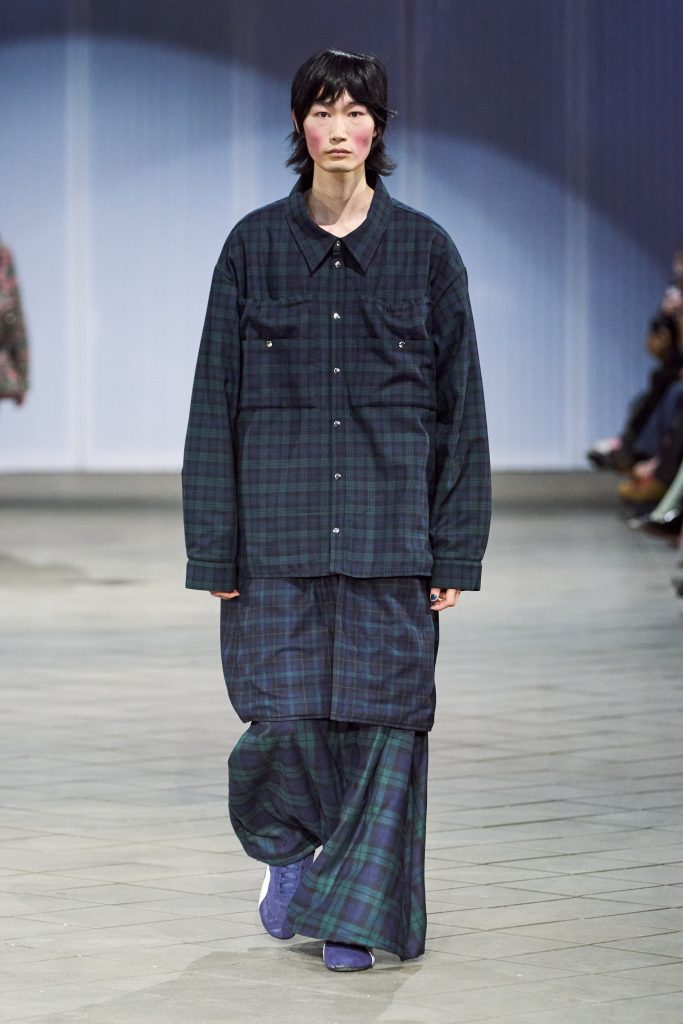
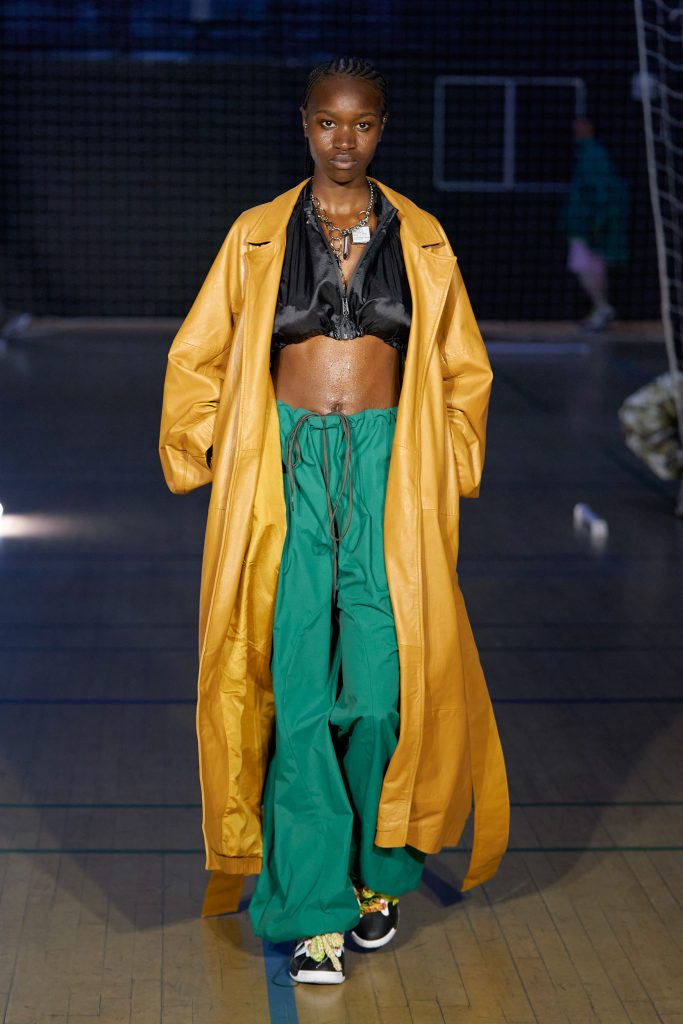
Another innovative aspect of Copenhagen and the community of designers who show there is an excitement around new business models. Many brands are downsizing their approach to wholesale, instead partnering with smaller boutiques or opting for see-now-buy-now models. We also often see from Copenhagen a decreased emphasis on trends and the individual season, with many designers taking a continuous view that is more in line with sustainability and that ineffable practice of stylish Scandinavian utilitarianism.
“Against a relentless economic, political and environmental climate that has not failed to throw continuous obstacles into the face of this industry, we have never been so proud to represent so many tenacious, driven and purposeful brands this season,” said the event’s CEO Cecilie Thorsmark. “With a host of new faces, a welcome return of many beloved ones, a celebration of Nordic and a spotlight on our international friends, this season will prove why Copenhagen Fashion Week continues to grow not only as an organization and a global activation but as a way of thinking and state of mind.”

